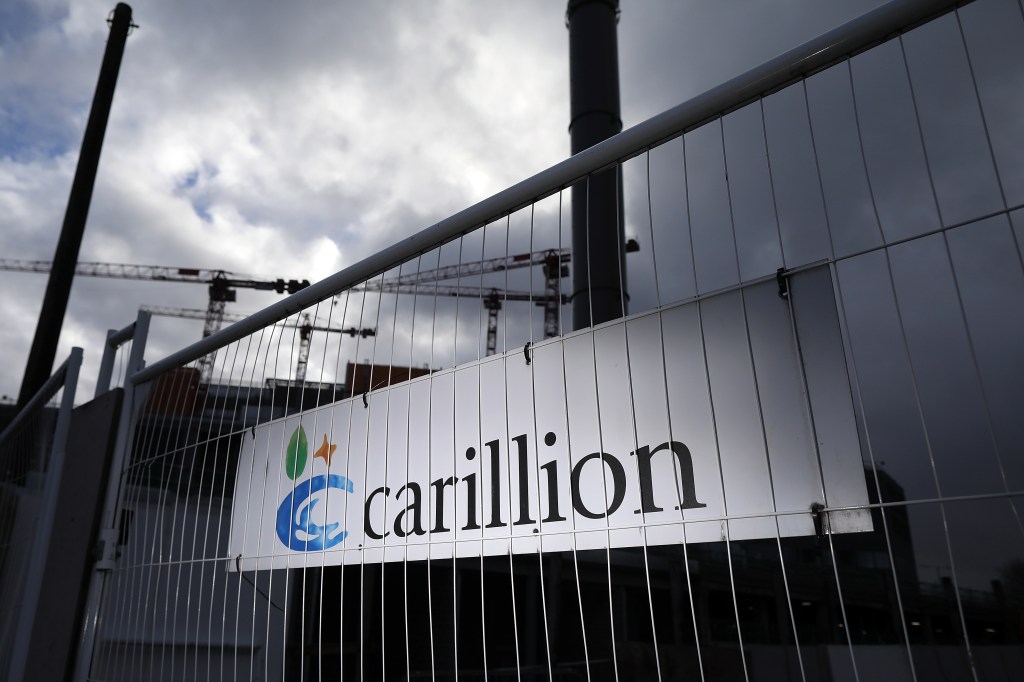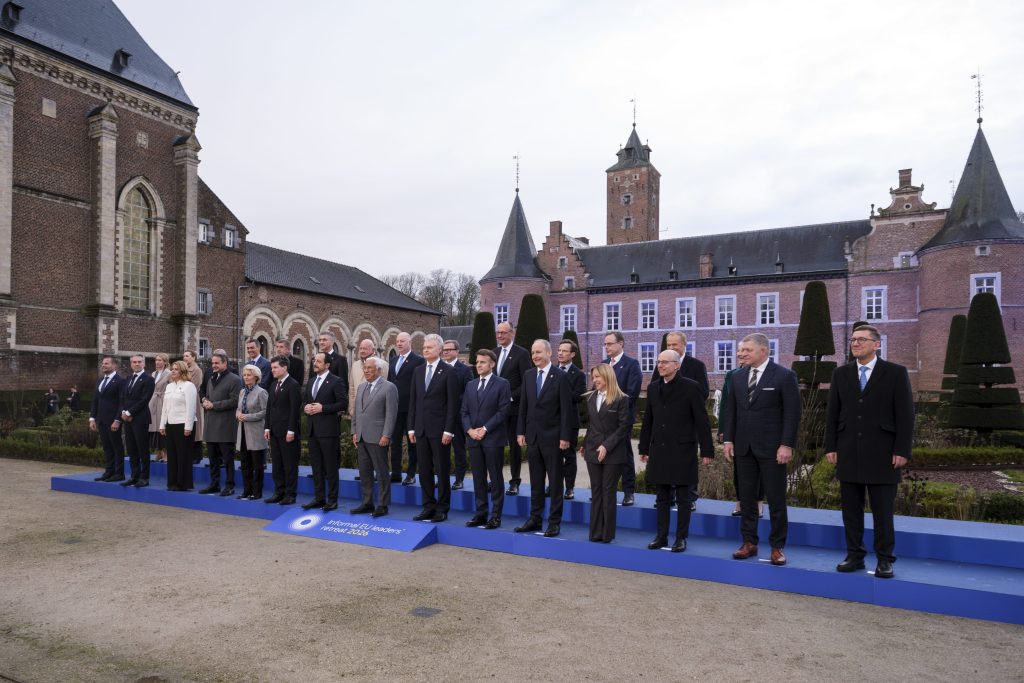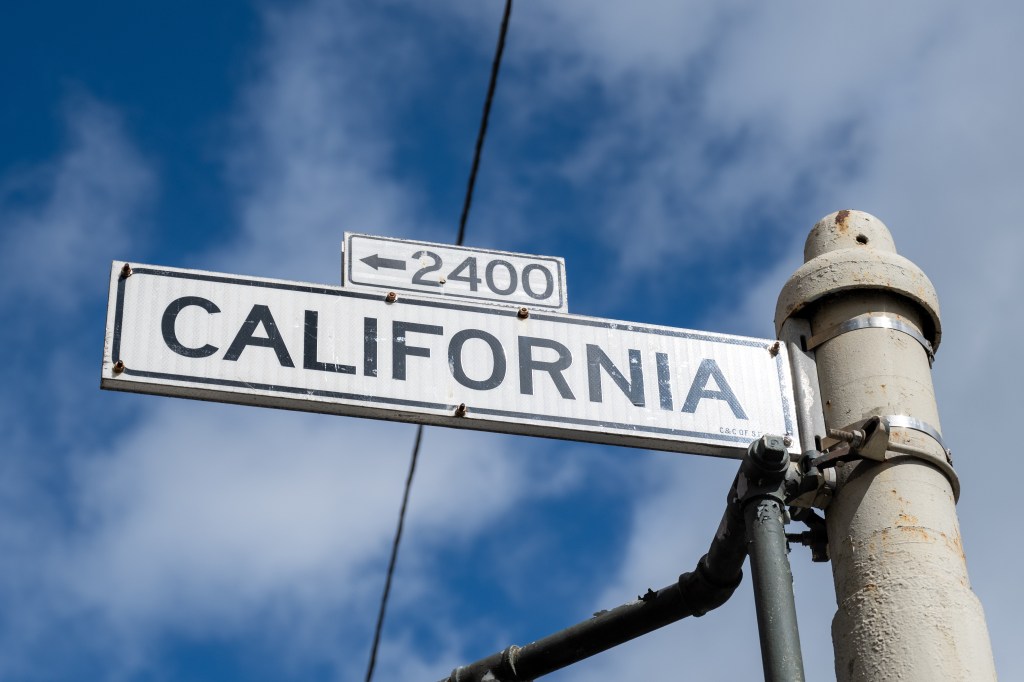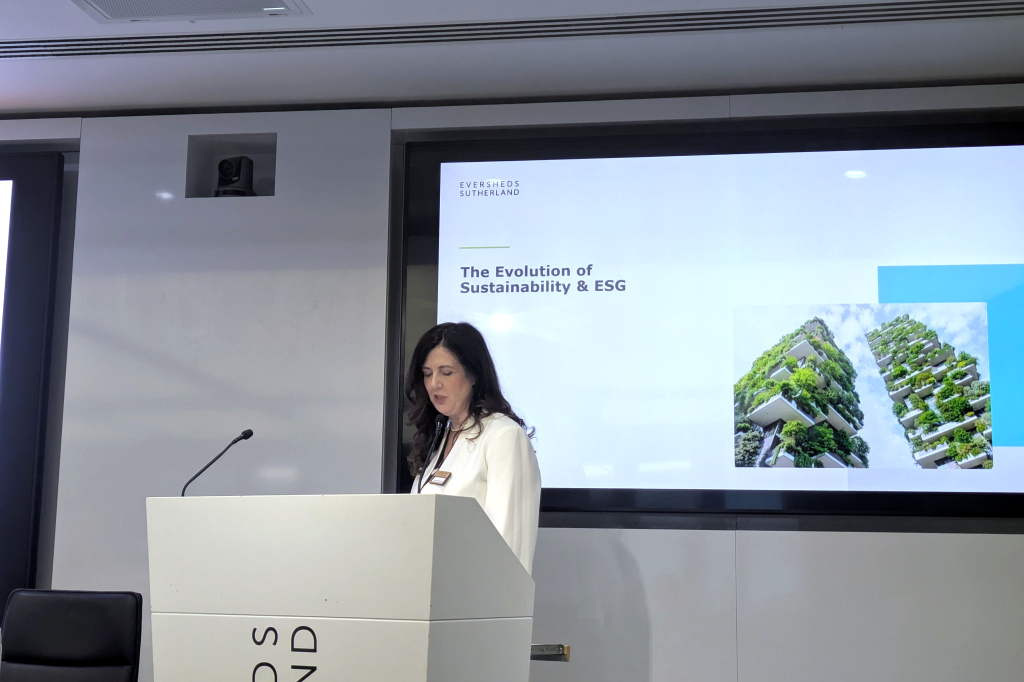The redesignation of coin mixer Tornado Cash by the US Treasury Department has, far from clarifying the basis for an action currently the subject of legal challenge, thrown up further questions and muddied the waters of regulation.
On November 8, the Office of Foreign Assets Control (OFAC) cited the role of
Register for free to keep reading
To continue reading this article and unlock full access to GRIP, register now. You’ll enjoy free access to all content until our subscription service launches in early 2026.
- Unlimited access to industry insights
- Stay on top of key rules and regulatory changes with our Rules Navigator
- Ad-free experience with no distractions
- Regular podcasts from trusted external experts
- Fresh compliance and regulatory content every day













